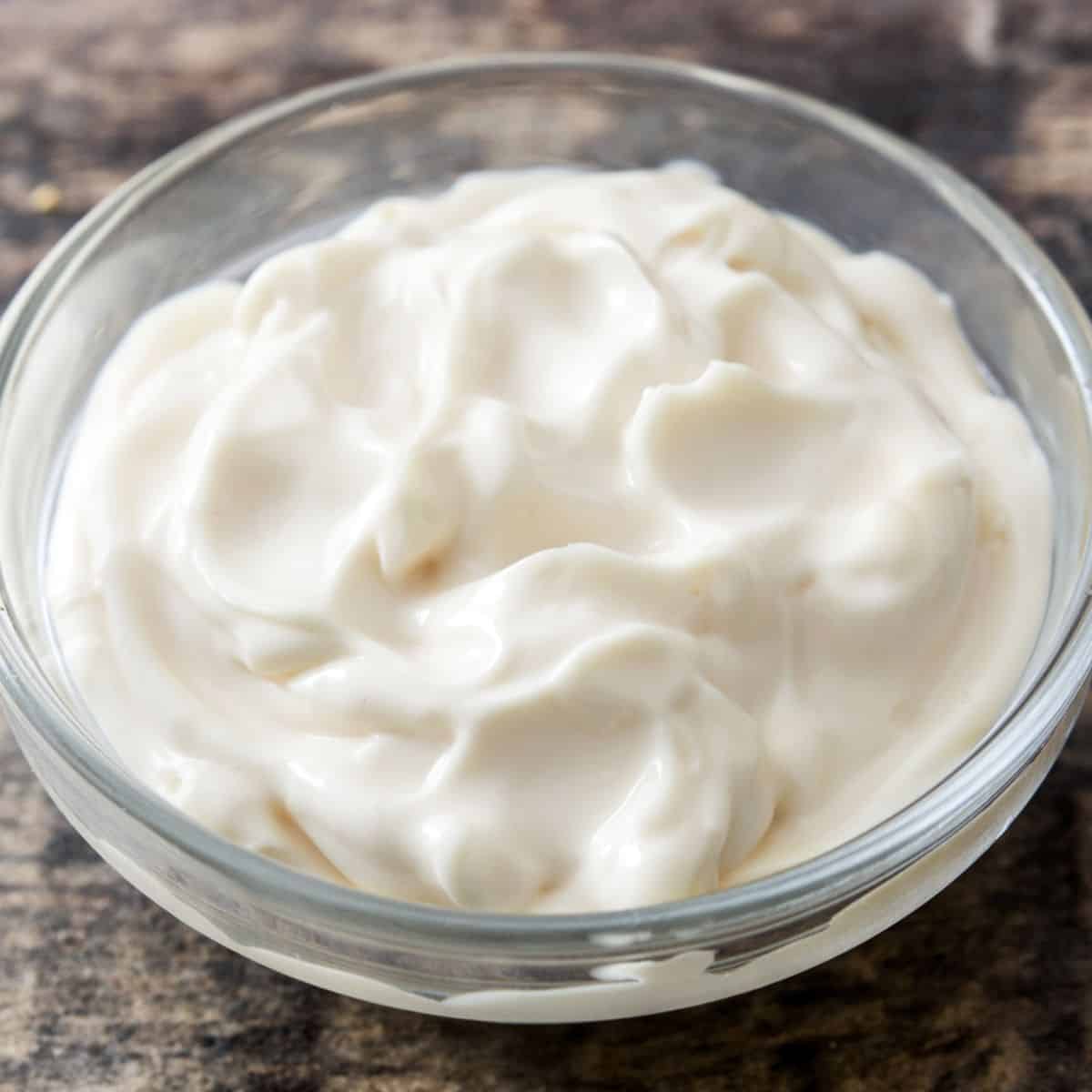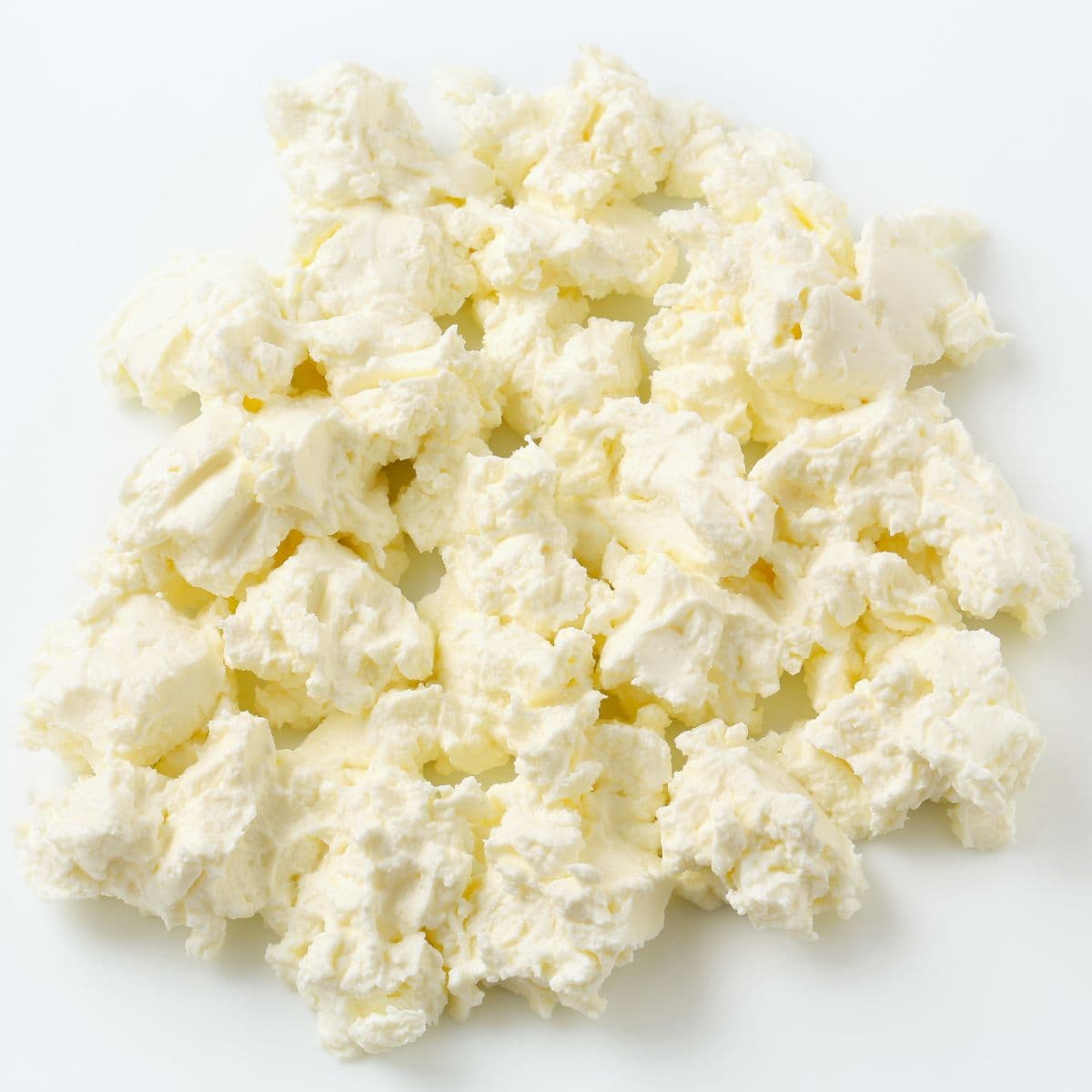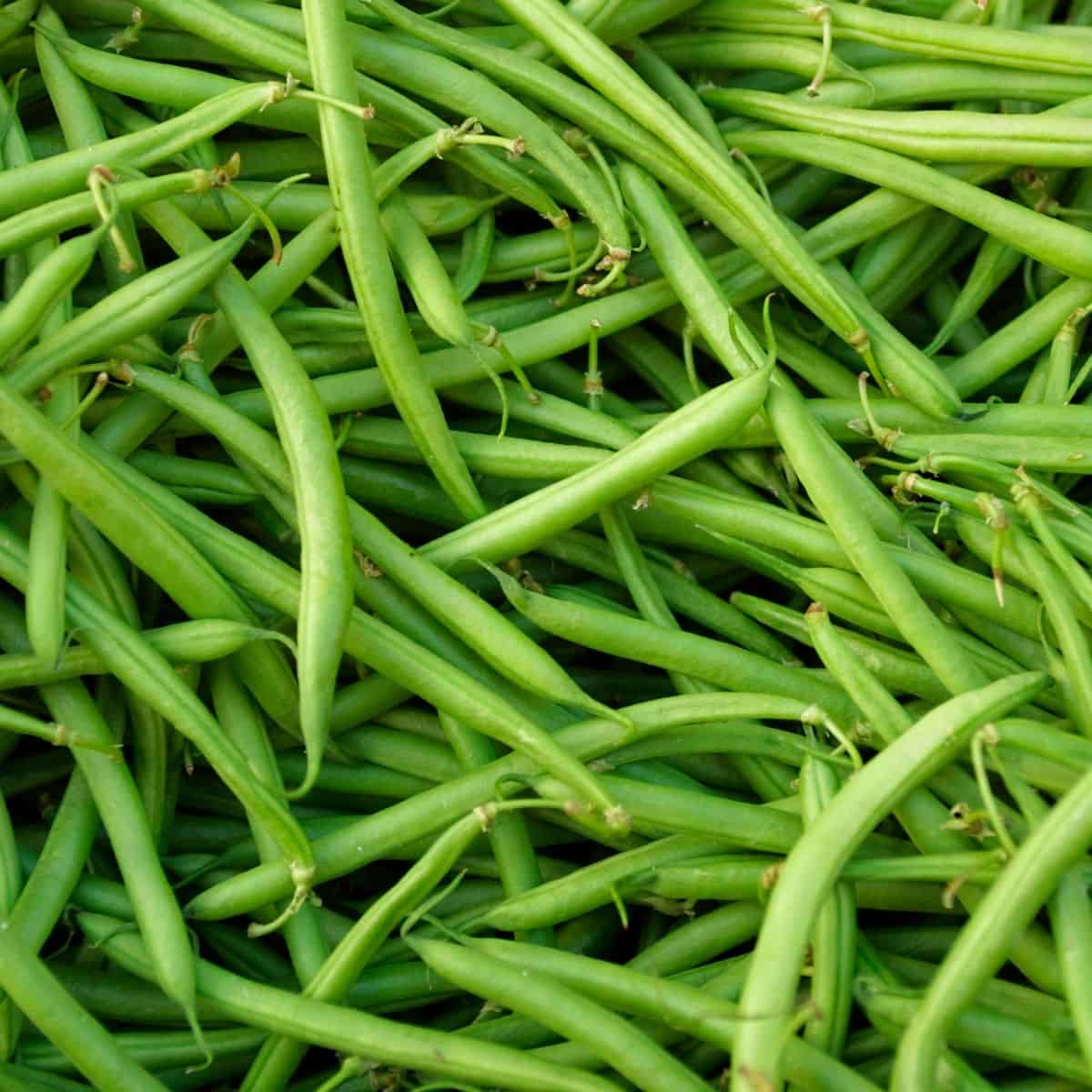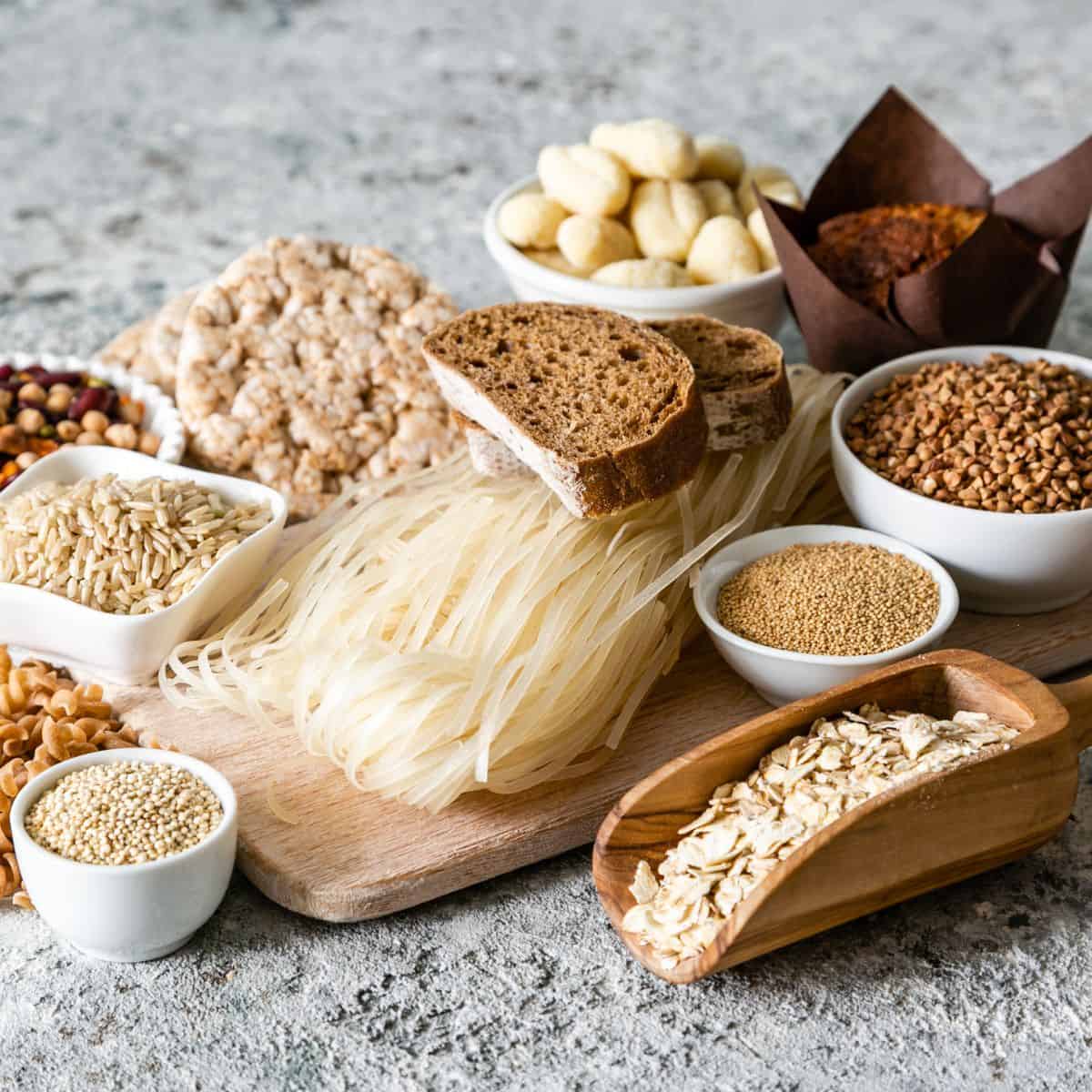If you're following a keto diet, it's important to understand how to read food labels. The keto diet is a high-fat, low-carb eating plan that requires you to be mindful of your food choices. By reading food labels, you can ensure that you're sticking to your macros and avoiding foods that could kick you out of ketosis.

Jump to:
In this guide, we'll walk you through the key things to look for on a food label and provide tips on how to make the most informed choices when grocery shopping. With a little practice, you'll be able to confidently navigate the aisles and choose keto-friendly foods that support your health and wellness goals.
Tip 1: Don't Believe Brand Claims
Many brands may claim to be "keto-friendly" or "low-carb," but it's important to read the nutrition label to verify those claims. Some products may still have hidden carbs or ingredients that could affect your ketosis, so always double-check the label.
Tip 2: Check the Serving Size
The serving size on the label is important to pay attention to as it can affect the carb count and other macros. Make sure to adjust the serving size if you plan on eating more or less than the recommended serving.
Tip 3: Look for Net Carbs
Net carbs are the total number of carbs minus the fiber and sugar alcohols. These are the carbs that affect your ketosis, so it's important to keep track of them. Aim for around 20-30 net carbs per day on a keto diet.
Tip 4: Check the Fat Content
Since the keto diet is high in fat, it's important to keep an eye on the fat content of the foods you're eating. Look for foods with healthy fats like avocado, nuts, and olive oil.
Tip 5: Avoid Hidden Sugars and Artificial Sweeteners
Many products may contain hidden sugars or artificial sweeteners, which can affect your ketosis and overall health. Look for natural sweeteners like stevia or monk fruit instead.
Ingredients to Avoid when You See Them on Labels
1. High-Fructose Corn Syrup (HFCS)
HFCS is a cheap sweetener that's commonly found in processed foods like soda, candy, and baked goods. Unfortunately, it's also been linked to several health problems, including obesity, diabetes, and heart disease. This is because HFCS is metabolized differently than other sugars and can lead to insulin resistance and other health issues over time.
2. Trans Fats
Trans fats are a type of fat that's been partially hydrogenated, which makes it more stable and easier to use in processed foods. Unfortunately, trans fats have been linked to several serious health problems, including heart disease, stroke, and diabetes. To avoid trans fats, look for foods that are labeled "trans-fat free" or "partially hydrogenated oil-free."
3. Artificial Sweeteners
Artificial sweeteners like aspartame, saccharin, and sucralose are often used in diet products and low-calorie foods. While they may be a good option for people who are trying to lose weight, they can also have negative health effects. For example, some studies have linked artificial sweeteners to an increased risk of cancer, while others have found that they can disrupt gut bacteria and lead to other health problems.
4. Sodium Nitrate and Nitrite
Sodium nitrate and nitrite are preservatives that are commonly added to processed meats like bacon, hot dogs, and deli meat. While they help extend the shelf life of these products, they've also been linked to an increased risk of cancer. To avoid sodium nitrate and nitrite, look for uncured meats or ones that are labeled "nitrate-free."
Conclusion
It is crucial to be aware of the ingredients that can be harmful to our health and well-being. By understanding the potential dangers associated with certain ingredients, we can make informed choices about the products we purchase and consume. The four ingredients to avoid that we have discussed - high fructose corn syrup, artificial sweeteners, trans fats, and artificial colors and flavors - are commonly found in many processed foods and beverages. Therefore, it is essential to read labels carefully and choose products that are free from these harmful ingredients. By taking these small steps, we can improve our overall health and reduce our risk of developing chronic diseases.
If you are looking out for the best keto foods, Keto Diet Yum can help you! We have keto guides with everything you need to know, including delicious recipes, tips for starting, tips for eating out, and complete meal plans to get you started.




